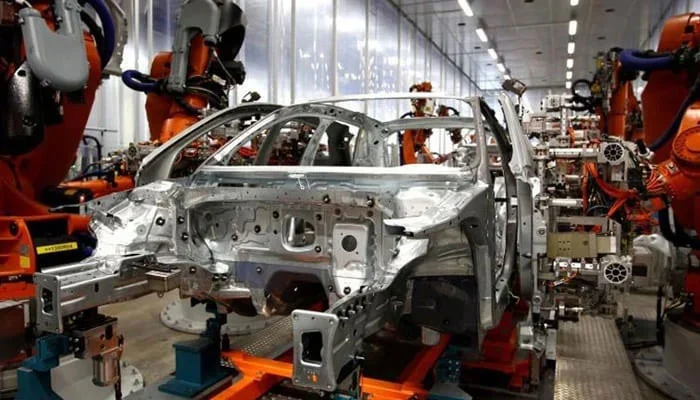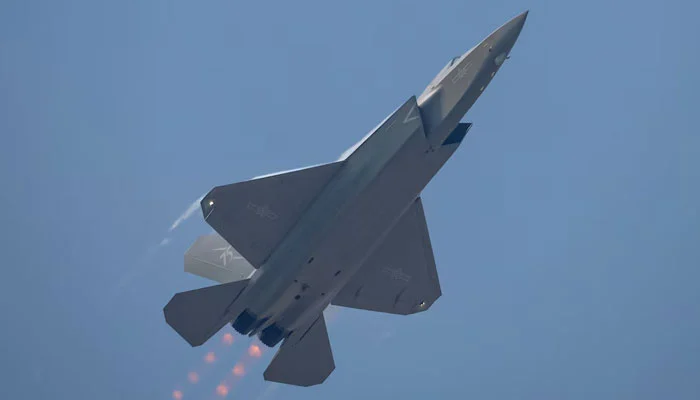ISLAMABAD: The growth of Pakistan’s manufacturing sector dropped significantly to 1.3% in FY2025, down from 3.0% the previous year, as high input costs and structural hurdles continued to stifle industrial output. The Large-Scale Manufacturing (LSM) segment contracted by 1.5%, extending its streak of negative growth for the third consecutive year, despite measures like reduced interest rates and energy cost relief.
Together, the manufacturing and mining sectors form a vital part of Pakistan’s industrial economy, contributing 13.2% to the gross domestic product (GDP). Within manufacturing, LSM holds a dominant share, representing 67.5% of the sector and around 8% of total GDP. Small-scale manufacturing and slaughtering contribute 2.4% and 1.4%, respectively.
Despite the weak LSM performance, small-scale manufacturing grew by 8.8% and slaughtering rose by 6.3%, partially cushioning the overall manufacturing slowdown. On the other hand, the mining and quarrying sector contracted by 3.4%, showing only a marginal recovery from the 4.0% decline seen last year.
From July to March, LSM output declined by 1.47%, weighed down by elevated production costs and heavy taxation, even as the government introduced relief measures such as an 850 basis points interest rate cut and lower power tariffs. While nearly half (48.8%) of the LSM index reported growth—driven by gains in textiles, automobiles, apparel, tobacco, and transport equipment—significant drops in food, chemicals, steel, and electronics overshadowed these improvements.
The automobile sector saw a remarkable 40% increase in output, rebounding from last year’s sharp decline due to macroeconomic stabilization and the introduction of 31 new vehicle models, including electric vehicles (EVs). The apparel industry grew by 7.6%, supported by rising export orders and global shifts in sourcing, particularly from Bangladesh to Pakistan. However, segments like sugar, woolen, and jute products suffered steep declines, impacted by crop shortages, inconsistent policies, and inefficiencies.
The emerging EV industry showed promising growth, with 13 new manufacturers licensed and over 32,000 units produced. Notably, Chinese automaker BYD has announced plans to set up an assembly plant in Karachi by 2026.
In contrast, chemicals and construction-related industries continued to struggle. Fertilizer production dropped, cement demand weakened, and output of transformers and batteries declined, reflecting ongoing stress in key input and infrastructure sectors.




